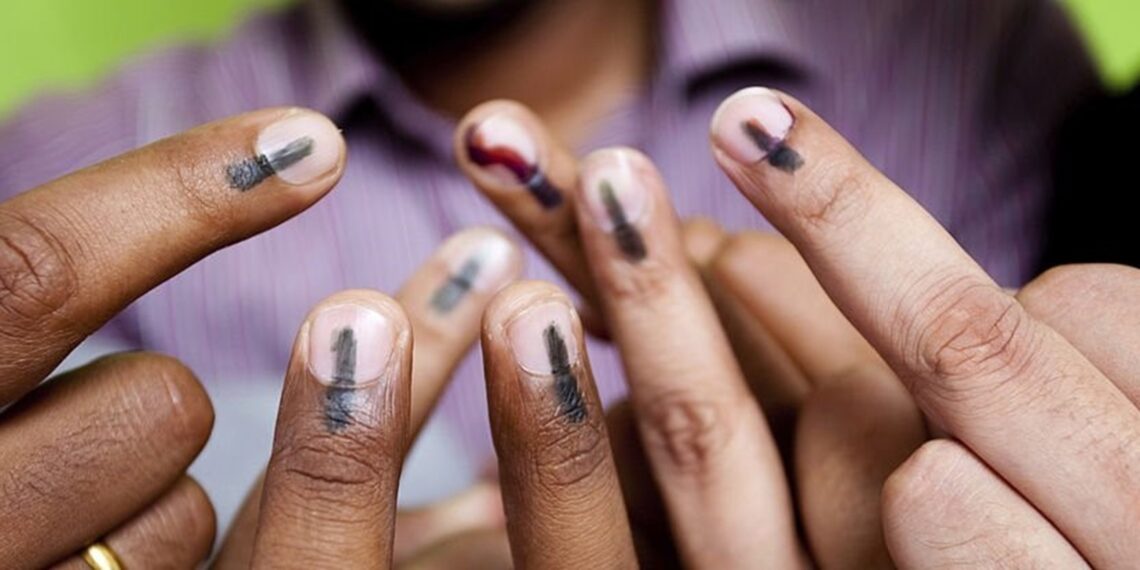Guwahati: The Assam State Election Commission has announced the schedule for the upcoming General Elections to Panchayats across 27 districts of the state.
The election process will take place in two phases, with polling scheduled for May 2 and May 7. The counting of votes is set for May 11.
The first phase of polling will cover districts including Tinsukia, Dibrugarh, Charaideo, Sivasagar, Majuli, Jorhat, Golaghat, Dhemaji, Lakhimpur, Sonitpur, Biswanath, Cachar, Hailakandi, and Sribhumi.
The second phase will be conducted in Dhubri, South Salmara Mankachar, Goalpara, Bongaigaon, Barpeta, Bajali, Nalbari, Kamrup, Kamrup (Metro), Hojai, Nagaon, Morigaon, and Darrang.
A total of 1,80,36,682 voters are eligible to participate in the elections, marking a 13.27% increase from the last Panchayat elections in 2018.
The state has also seen a rise in polling stations, now totalling 25,007, up by 6% compared to the previous elections.
To ensure transparency, voters can use their Electoral Photo Identity Card (EPIC) as the primary identification document.
Additionally, alternative identification such as Aadhaar cards, MNREGA job cards, bank passbooks with photographs, driving licenses, and pension documents, among others, will also be accepted at polling stations.
The Model Code of Conduct (MCC) has come into immediate effect in all areas where elections are to be held.
The MCC, following guidelines issued by the Election Commission of India, regulates political parties’ conduct during campaigns, public meetings, and polling days to ensure free and fair elections.
ALSO READ: Assam’s Barpeta guardian minister reviews Arunudoy scheme implementation
Specific restrictions apply to ruling parties, including limitations on official visits, government transport use, and policy announcements during the election period.
Security measures are being intensified to ensure a smooth electoral process.
The Assam State Election Commission has directed all concerned authorities, including District Commissioners and law enforcement agencies, to enforce election guidelines strictly and maintain law and order during the process.















